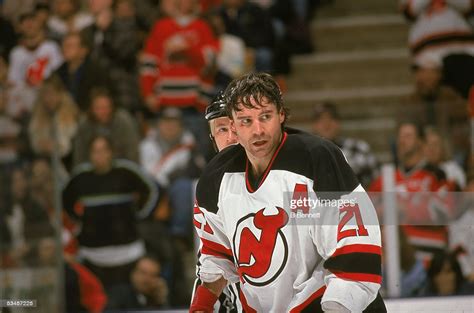A Quote by Michael Maloney
If you jump into a market when everyone else is doing the same thing, you're probably too late. On the other hand, if you get into a market early, when it's fundamentally undervalued, then wait for it to become extremely overvalued, and sell once a true top has been established, you should do very well.
Related Quotes
If some institution wants to sell you a billion dollars worth of mortgages, they might have to sell 100 million in the market, and then you'll buy the other 900 million on the same terms. Now, the very fact that this has been authorized or will be authorized, I hope, will firm up the market to some degree. And that's fine. But you don't want to have artificial prices being paid.
When I get hurt in the market, I get the hell out. It doesn't matter at all where the market is trading. I just get out, because I believe that once you're hurt in the market, your decisions are going to be far less objective than they are when you're doing well If you stick around when the market is severely against you, sooner or later they are going to carry you out.
"No one is doing what we're doing." This is a bummer of a lie because there are only two logical conclusions. First, no one else is doing this because there is no market for it. Second, the entrepreneur is so clueless that he can't even use Google to figure out he has competition. Suffice it to say that the lack of a market and cluelessness is not conducive to securing an investment. As a rule of thumb, if you have a good idea, five companies are going the same thing. If you have a great idea, fifteen companies are doing the same thing.
I am the largest market shareholder of clothing in the U.K. and I am not a destination shop for food. If the clothing market is affected - and it has been - and I hold my market share mathematically, then fine, I am doing no worse than the market is doing, which is exactly the case, but I'm losing revenue.
Once a price move exceeds its median historical age, any method you use to analyze the market, whether it be fundamental or technical, is likely to be far more accurate. For example, if a chartist interprets a particular pattern as a top formation, but the market is only up 10% from the last low, the odds are high that the projection will be incorrect. However, if the market is up 25% to 30%, then the same type of formation should be given a great deal more weight.
I am the largest market shareholder of clothing in the UK and I am not a destination shop for food. If the clothing market is affected - and it has been - and I hold my market share mathematically, then fine, I am doing no worse than the market is doing, which is exactly the case, but I'm losing revenue.
Just remember, without discipline, a clear strategy, and a concise plan, the speculator will fall into all the emotional pitfalls of the market - jump from one stock to another, hold a losing position too long, and cut out of a winner too soon, for no reason other than fear of losing profit. Greed, Fear, Impatience, Ignorance, and Hope will all fight for mental dominance over the speculator. Then, after a few failures and catastrophes the speculator may become demoralised, depressed, despondent, and abandon the market and the chance to make a fortune from what the market has to offer.
As financial market players know, advantage comes from reacting to news first. The same thing is true for all companies. When you start the conversation, you are recognised as someone who is plugged into the marketplace of ideas. If you talk about an idea early, you naturally get more exposure because the threads of conversation stem from what you have said. If you're in late you get lost in the cacophony.
You don't actually find a strong correlation between- top-line GDP growth and making money in the market. It- it seems like you should. The fastest-growing countries should give you the highest return. They simply don't. But, there's only four of us- that- that believe that story. Everyone else in the world believes that if you grow fast like China, you'll outperform in the stock market.
An old market had stood there until I'd been about six years old, when the authorities had renamed it the Olde Market, destroyed it, and built a new market devoted to selling T-shirts and other objects with pictures of the old market. Meanwhile, the people who had operated the little stalls in the old market had gone elsewhere and set up a thing on the edge of town that was now called the New Market even though it was actually the old market.
I think everyone should sell whatever product they want to sell for whatever price they want to sell it for, but ultimately the market will dictate what it is and people will have to charge less money for everything. Record companies have been overcharging people for way too long and now this is the trouble that they're in.


































